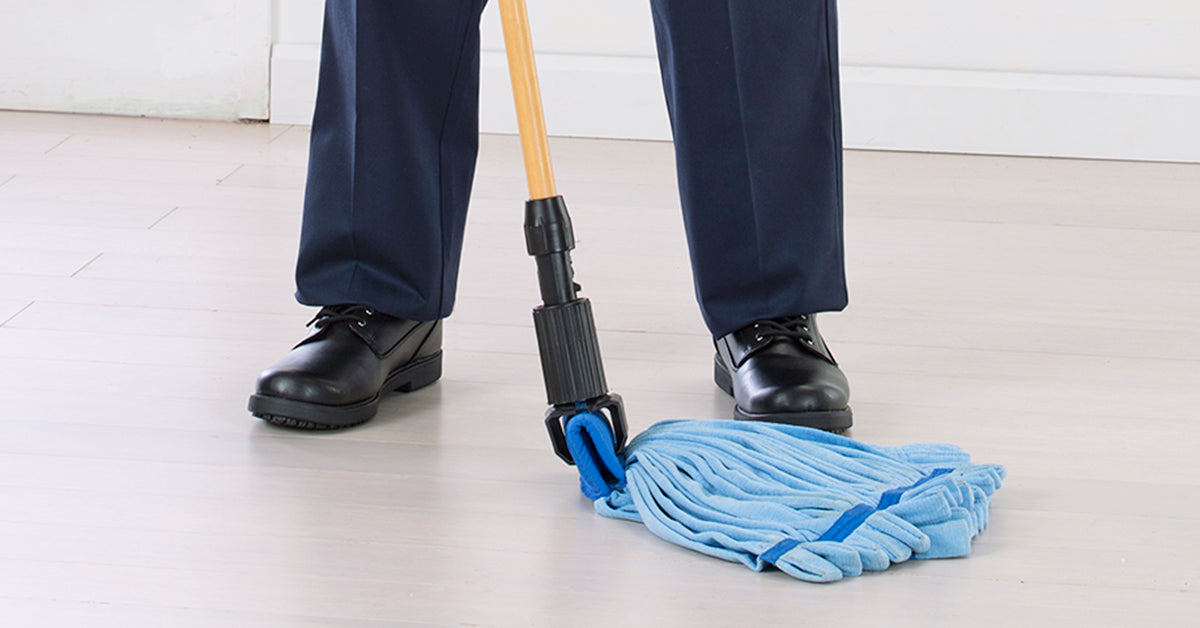A publicly traded national chain of “fast-casual” food restaurants found its purchasing of facility service items had spun out of control, with more than 700 restaurants making individual purchases. Managers were individually allocating their budgets however they wanted. They could negotiate well with food suppliers, but their spend was highly inefficient outside their area of expertise.
To maintain targeted double-digit growth rates and gain control over costs for back-of-house linens, aprons, mats, mops and related products and services, the company faced several challenges and needed to centralize the purchasing of facility services products to serve all U.S. locations in order to:
- Lower acquisition costs through volume pricing
- Lower commodity costs through standardization
- Select products through value analysis
- Gain strategic knowledge of market conditions
- Increase profitability
- Improve new restaurant opening process
The company’s brand image centered on environmental, health, and safety-conscious positions that required differentiation along several critical lines:
- Focus on high-quality ingredients, cooking techniques
- Limit raw ingredient inputs; offer variety of outputs
- Use naturally raised, organically, and sustainably grown food products
Maintain strict standards for indoor environmental quality:
- Institute “green” housekeeping policy
- Commit to non-toxic (“green”) cleaning practices
- Reduce energy consumption
- Implement aggressive in-store recycling program
- Decrease internal water usage by 30% (better than code)
Solution: UniFirst National Accounts Team
One of the company’s Chicago locations was approaching contract renewal for mops, mats, aprons, and other facility service items with a local vendor. The store’s manager contacted a UniFirst representative for a competitive assessment. Because the company had stores in 38 states, the UniFirst representative enlisted the assistance of the UniFirst National Accounts team, which helped address differentiation goals related to their facility.
The UniFirst Proposal
After an initial, local meeting, UniFirst National Accounts visited the company’s corporate headquarters. Following consultations, the UniFirst team’s proposal recommended:
- Phasing out the multiple supplier base
- Using products/services to support “green” strategy (LEEDS credits)
- Leveraging brand attributes
- Establishing oversight of purchasing policies, procedures
- Instituting steps to allow local managers to focus on core competencies
- Centralizing access to spending and inventory data
- Eliminating redundant purchasing activities
These UniFirst proposal points were particularly attractive:
- Accounted for planned future growth (to 1,000 stores)
- No “traps” or “contract creep” in servicing contract
- Paperwork, time-savings due to Electronic Data Interchange (EDI)
- Water conservation, reduction of landfill refuse
- Consistent product/servicing package for all locations
Streamlining New Store Openings
The company awarded all new locations’ facility services supply contracts to UniFirst and notified employees and vendors that corporate would not accept automatic renewals: All new contracts must be signed by corporate, and expiring contracts with other vendors would be converted to UniFirst.
Savings/ROI Spotlight: Microfiber Mop Rentals
The company’s restaurants were purchasing wet mops from supply stores, using, on average, four each week, then discarding them. Projected cost: $30/week x 1,000 locations = $1,560,000/year. The company is now using reusable microfiber mops from UniFirst, delivered weekly by a UniFirst route sales representative. UniFirst picks up dirty microfiber mop heads and replaces them with professionally laundered ones on a scheduled basis. The average cost of service: $4/week X 1,000 locations = $208,000. Savings/year: $1,352,000.
UniFirst’s microfiber mop rental service is consistent with the company’s “green” objectives. In addition, UniFirst is one of the few suppliers offering the company electronic billing— paperless invoicing that is projected to save an estimated 2,500+ hours of labor per year.

